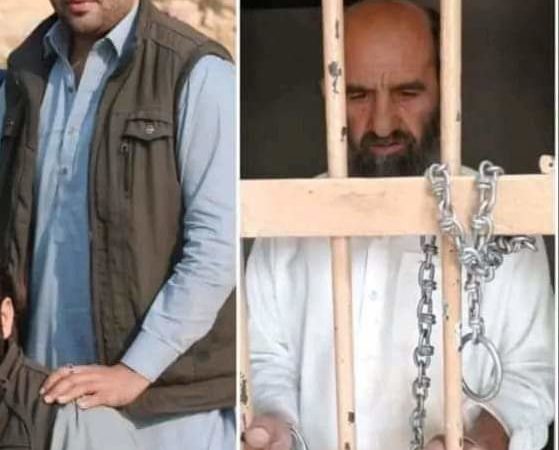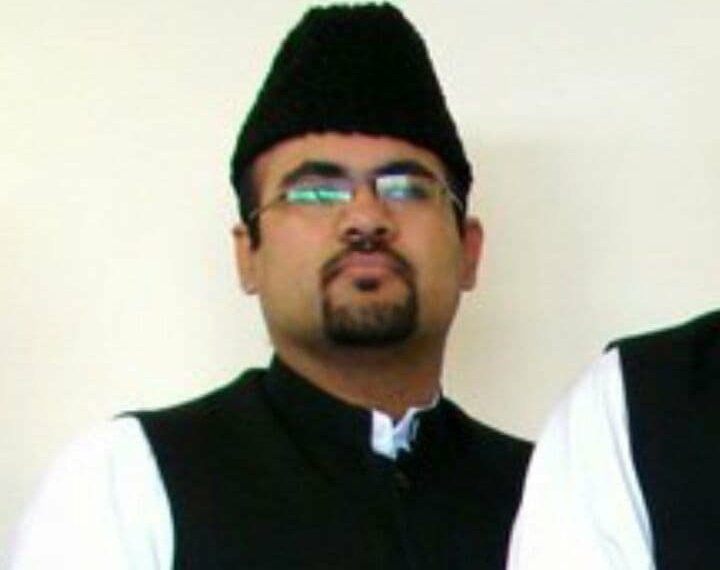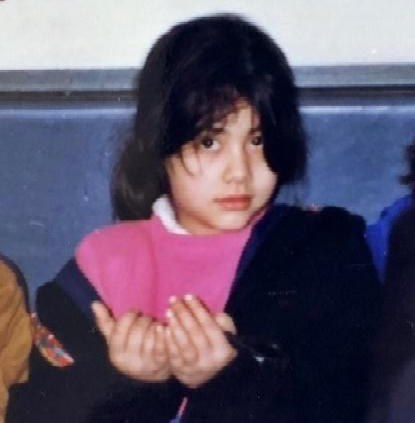Jamaat-e-Ahmadiyya introduces measures to control sex abuse incidents with retribution risk for victims

Dogged by sexual abuse controversies, Jamaat-e-Ahmadiyya in the United States has adopted a policy to implement safeguards for children and vulnerable adults with a sword of ‘disciplinary action’ hanging over the victims.
The 11-page report, a copy of which is available with Religion Observer, was adopted on Sunday, sources close to the development said.
The Jamaat has adopted the measure in the wake of various sexual abuse scandals that made headlines after the revelation of Nida ul Nasser, an Ahmadi woman. She had detailed a long history of alleged sexual abuse she faced from her father and the close family members of the global leader of her Ahmadiyya Jamaat, who has been recorded telling her to remain silent or face the consequences under the Jamaat system.
At least two officials of the Jamaat are facing trials under charges of child pornography and child sexual assault in the US. From around the world, at least 136 members of the community, including Dr Afzal Upal a leading community member, raised their voice for implementing safeguards against incidents of sexual assault within the Jamaat.
You may also like to read
- UK police investigate rape claims from Ahmadi accusing leader’s family
- More sexually abused Ahmadis come forward—this time men
- Ahmadi leader faces sexual assault charges, this time in the US
- Ahmadi women seek leadership’s explanation on rapes, ask tough questions
- Ahmadi preacher arrested on child porn charges in Canada
- UK regulator looks into Ahmadi charity after rape claims surface
- Ahmadi women seek leadership’s explanation on rapes, ask tough questions
The new policy document proposes many safeguards but, at the same time, threatens the victim of disciplinary action if Jamaat finds them making accusations in “bad faith.” Many Ahmadis are considering this provision aimed at discouraging the victims from speaking out. Secrecy is also given the foremost importance in this policy by forbidding every Local Islahi (reform) Committee (LIC) and National Islahi Committee (NIC) member from discussing the alleged sexual misconduct with any individual outside the body.
The safeguards include the formation of a Local Islahi (reform) Committee (LIC) and a National Islahi Committee (NIC) to ensure an end to sexual assault incidents within the Jamaat. Both committees will have six members each with a representative of Lajna, women auxiliary of the Jamaat. This is the first time that women are being given representation in a body of the Jamaat having male members.
The policy says that punitive measures including expulsion from the Jamaat will be taken against any members of the Jamaat found to have committed sexual misconduct, neglected in stopping sexual misconduct, failed in reporting an allegation of sexual misconduct, or maliciously accused an individual of sexual misconduct.
The policy encourages Jamaat members to report any questionable circumstances to the NICs or the LICs. The policy mandates sexual misconduct awareness training, child sexual abuse awareness training, and criminal background checks for every Jamaat member that interacts with children. However, it is not clear if these training programmes and checks would be conducted by the Jamaat or would be outsourced to independent institutions.
The voices demanding reformations within the Jamaat in accordance with the modern democratic standards have welcomed the move but say there is a long way to go.
They have expressed concerns over possible retribution against victims in the name of disciplinary action. The policy to implement safeguards seems an eyewash and needed to be made more pro victim, said an Ahmadi person based in the United States requesting anonymity.
Dr Muhammad Afzal Upal, who was the first to demand sex abuse safeguards within the Jamaat, said in a Twitter post, “Let’s continue to hold their feet to the fire to make sure that the policy is fully implemented in all the local Jamaats around the world. If fully implemented, this will save an untold number of kids and other vulnerable Ahmadis.”
Dr Upal is himself a survivor of sexual assault and made his bitter experience public to put pressure on the Jamaat leadership to introduce steps to ensure safeguards for children within the Jamaat. Face, a US-based non-profit organization, had also made recommendations for such safeguards in its investigation report in a child sexual abuse case in the US Jamaat.
Jamaat-e-Ahmadiyya in the United States did not respond to queries sent to its spokesperson Harris Zafar through email.
The writer is based in Canada. He can be reached @RanaTanver



